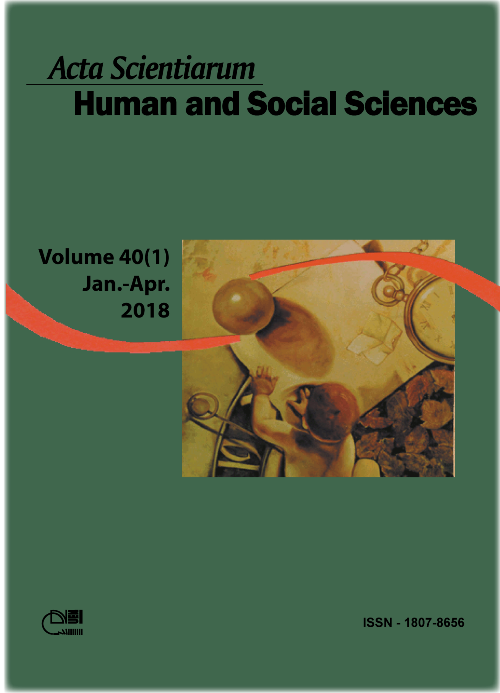Entre acaso e destino. Vico e o conceito de Providência Divina
Résumé
Um dos enredos controversos dos estudos sobre Vico é a interpretação do conceito de providência divina. De um lado está a tentação em interpretá-la em seu contexto mais adequado, o da filosofia cristã da história (de Agostinho e de Bossuet) e mediante a suposição da governança divina e transcendental dos acontecimentos humanos temporais e ‘contingentes’. Porém, o reconhecimento dessa hereditariedade em nada facilita a interpretação; pelo contrário, ergue obstáculos, já que Vico, no lugar das preocupações teológico-políticas de um Agostinho ou de um Bossuet, elabora a ideia de providência motivado pela instauração de uma ‘ciência nova sobre a natureza comum das nações’, que pretendia ser mais certa que a física porque assentada sobre a convertibilidade do verum e do factum. Como compatibilizar a proposição científica moderna de Vico, sua Scienza nuova, com a concepção, artigo de fé, de que a história é regida pela Providência? De que modo compatibilizar uma concepção que projeta a ordenação transcendental da história e, portanto, uma determinação divina do agir humano, com a ideia moderna de que o homem, em sua imanência e como o Deus do seu mundo, faz, cria a história? Nosso objetivo nessas páginas é expor e discutir a economia destes dois aspectos aparentemente incompatíveis do conceito vichiano de providência.
Téléchargements
DECLARAÇÃO DE ORIGINALIDADE E DIREITOS AUTORAIS
Declaro que o presente artigo é original, não tendo sido submetido à publicação em qualquer outro periódico nacional ou internacional, quer seja em parte ou em sua totalidade.
Os direitos autorais pertencem exclusivamente aos autores. Os direitos de licenciamento utilizados pelo periódico é a licença Creative Commons Attribution 4.0 (CC BY 4.0): são permitidos o acompartilhamento (cópia e distribuição do material em qualqer meio ou formato) e adaptação (remix, transformação e criação de material a partir do conteúdo assim licenciado para quaisquer fins, inclusive comerciais.
Recomenda-se a leitura desse link para maiores informações sobre o tema: fornecimento de créditos e referências de forma correta, entre outros detalhes cruciais para uso adequado do material licenciado.

























